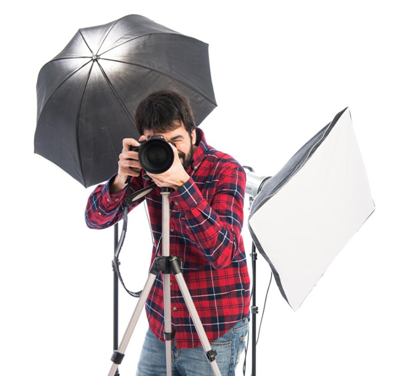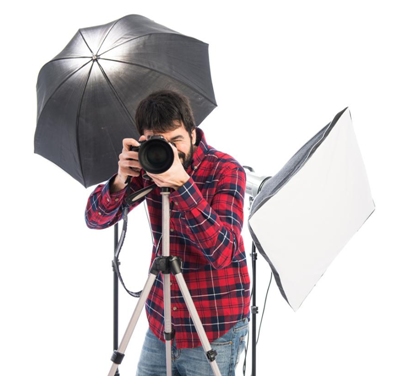
Photo: https: //www.freepik.com/
Photography is an art. This largely predetermines the need for a person to have a piece of talent to create creative images. Equipment alone cannot make a photo a masterpiece, but does allow for higher quality.
With a good photographer, skills and equipment go hand in hand. The endless possibilities that new technologies provide also enhance skills, which greatly improves the quality of the end product.
Technological progress, among other things, brings with it new perspectives. Of course, it is really important for any type of photography to have enough valuable knowledge and skills. Each individual niche is specific in itself and requires specific techniques and conditions.
Let’s concentrate on the perfect, productive frame. Not so much the camera as the lens will do us better.
Take jewelry, for example. In this case, we need a macro lens to capture the details and highlight them accordingly. For food images, the favorite among product photographers and more appropriate would be a 50mm focal length lens with a fixed aperture (f / 1.2, f / 1.4, f / 1.8). The arsenal in this direction also includes lenses in the order of 24 -70 mm, 24- 105 mm.
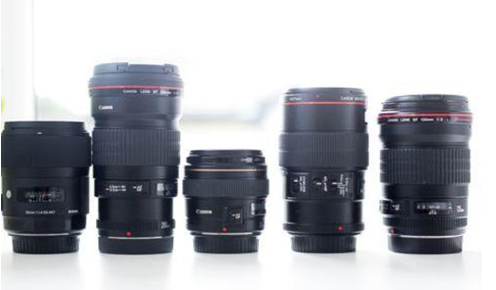
Well, as you know, the whale lens will hardly allow you to take the perfect picture of jewelry or food. So if you decide to fight for the Good Photographer Award, research, read forums, get advice. This will help you gain experience and knowledge from people who have already gone down this path.
And so the question inevitably arises “Do I have to have the more expensive technique to be a good photographer? “ Let’s be honest. A high-end camera will neither make us good photographers, nor will we be able to take those great pictures we dream of. If we are not concerned with composition, light, and if we do not know how to work with such a technique, but rely on the “AUTO” function, we just have a valuable thing.
Certain cameras make it easy to capture specific objects and achieve consistent results, but in general, technique is a tool. If they take you to a modern lathe and are told to work out a detail and you have no idea how to work a lathe, will you be able to handle it?
In photography, the mix of knowledge, skills and experience is a must. They offer unprecedented opportunities, even if we are shooting with equipment already on the demode list. We can’t put the photo in a box.
Just like thinking that the rubbish of one is a treasure for another, so is a talented nature photographer, an outdated camera may prove invaluable. That is, each camera is selected according to the specific destination and the venue would be good enough.
What is your goal?
Want photography to be your profession or your passionate hobby?
Lately, many people have been overwhelmed by delicious food and good wine.
You or your friend are someone who is interested in wine production. You know the grape varieties. You tasted something. Cleverly combine food with wine. You like to talk to your friends about wine. You are definitely a connoisseur, but in fact this does not make you a pro.
While the sommelier on the other hand is a professional in the field. He is trained and has extensive knowledge in the field of wine. He usually works for fine dining and specializes in all aspects of wine tasting. This is his profession. Do you understand where the difference is? With that, he makes his money.
A professional photographer, just like a sommelier, has selected photography for his profession. It is important for him to upgrade both his technique and knowledge, as well as his skills, because often newer and better facilitates and simplifies his work.
But there are also cases where being a professional photographer is not always related to being an artist in yourself. There are professional photographers who take a long time to shoot one-of-a-kind photography without going out of the familiar frame and imparting creativity. For them everything is a template. Of course, that doesn’t make them bad, but it doesn’t make them different either.
On the other hand, there are amateurs for whom photography is irresistible and exciting. Real passion. However, they have professionally focused on another area. They, like good professionals, invest in expensive equipment, develop, but for them photography remains a hobby. Even if they make money from it, it is not their profession.
How important is more expensive equipment for professional photography?
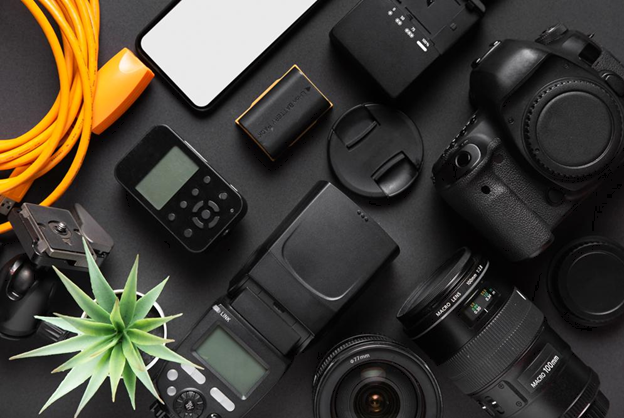
Photo: https: //www.freepik.com/
A high-end camera is essential for a professional because they need to work reliably and securely. In most cases this means:
- Availability of full frame camera. High quality, professional shots are achieved with full frame cameras.
- Many pixels – For printing billboard images or maintaining the quality of object detail when cropping.
- Low noise at high ISO values – for better low light shooting.
- Fast autofocus, bright lens,
Yes, professionals are definitely interested in the opportunity to upgrade to something new. For them, this is a necessary condition.
How does the professional work?
Professional photographers are able to solve many problems, preventing unwanted effects or improper visualization. In this way, they reduce the likelihood of making mistakes that would sabotage the quality of the image. On the other hand, the professional has specific skills to capture the wishes of his clients and help them to be successful.
Professionals typically specialize in more than one photographic genre. Despite their specialization, each of them has accumulated years of practice, skills, experience. What distinguishes his projects is his creativity. Through product photography, the ordinary product becomes something fascinating. And clients use exactly that for their own success.
If we compare the pairs of photos, we immediately recognize the work of the professional, right?
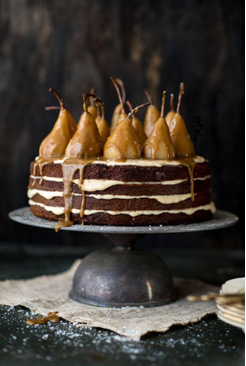
Photo: http://www.reddit.com
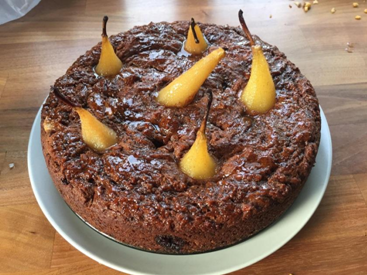
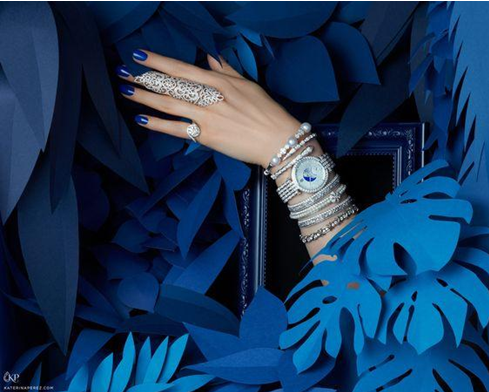
Photo: http://www.fixthephoto.com
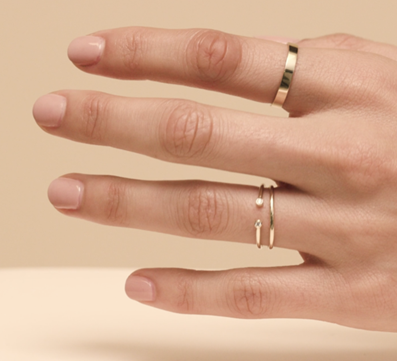
Photo: http: //www.mejuri.com
Nowadays we all shoot. But are we putting in some specific skill or are we just using a ready made app and just pushing a photo button?
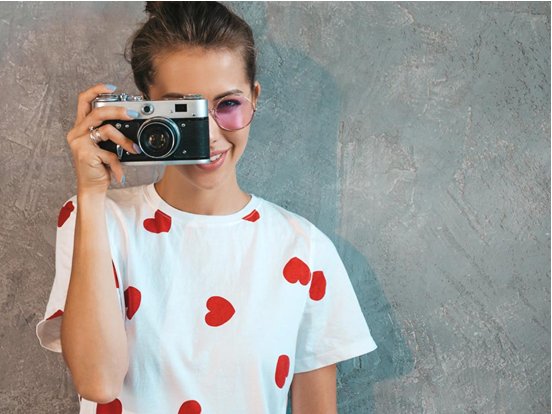
Photo: https: //www.freepik.com/
Professional photographers do the following:
- Before each photo, they determine their goal, their audience, or what their customers would like to achieve. It’s so much easier to organize your work
- In order to maintain the quality of their work, they focus on the details, layout and message they want to convey to the audience
- To be impressive, recognizable and sought after, each of them imbues something creative, something new, something different
Don’t even think that the work of professionals is easy. Many people have the impression that in order to be a professional, it is enough to have more expensive cameras and equipment. You commit, you snap a few frames quickly, and that ends. No! It is not that simple!
We said at the beginning that photography is an art for the following reasons:
- A good professional has invested time in learning this art
- He developed skills to achieve the necessary balance in every situation
- He mastered ways to tackle challenges
- He was interested in photographic equipment and its capabilities
And in fact, his work is very stubborn, because behind every brilliant shot, there is first an idea, then an idea to execute, arrange, appropriate settings and only then press the shutter on the camera. The essence of photography is precisely the knowledge, the set of qualities and the skill of a master-photographer to turn something quite ordinary into something extraordinary, which in some way will influence the others.
To be a good photographer, it is not enough to just master your camera or own the latest and most expensive equipment. You need the inherent qualities that allow you the following:
- to see a different perspective
- to have a sense of detail
- to show creativity and imagination to recognize what is different in something ordinary at first glance
- be able to interpret it in something that shines
A good photographer must hold on to the details to ensure that all the elements in the photo – lighting, composition, object and everything else in between – work in harmony to convey the right vision or message.
A good photographer must be patient because as much as he tries to control the whole process, there may be times when he will need to take countless shots just to get a perfect photo.
Today, many beginners enroll in master classes conducted by popular photographers, and then start using the style and the way they learned instead of developing their own style. Yes, that can make them good photographers, but will not distinguish them from the rest.
The opportunity that the master classes give is rather acquaintance with the technical part of photography and assimilation of subtleties from the proven ones. After that, everyone must try to cultivate their own unique style.
If you want to make photography your profession, you must constantly improve your photographic skills, learn new techniques to stay up-to-date.
Yes, you will need a lot of time and effort, practice and a strong passion to master photography and become a professional. It’s important to know that technology can’t replace creativity, imagination and talent, no matter what technique and how expensive equipment you use. In fact, better technology enhances our ability to refine our vision, but ultimately, not the camera captures the best shot, but the person behind the camera, sees the best opportunity and way to do it.
